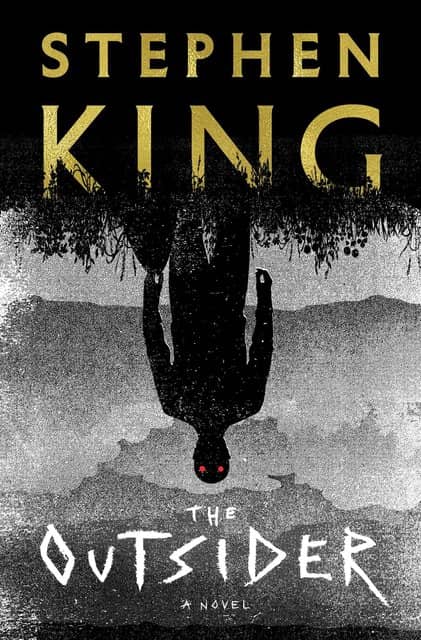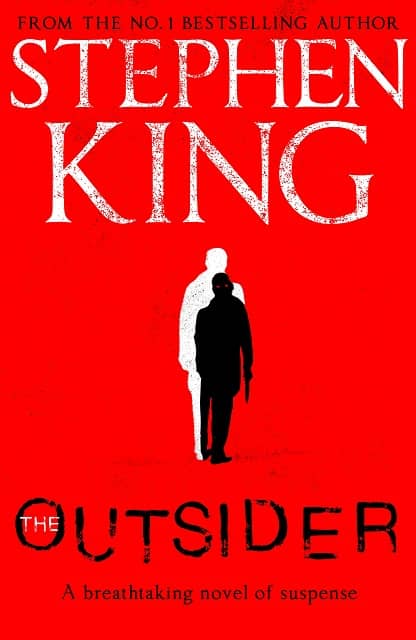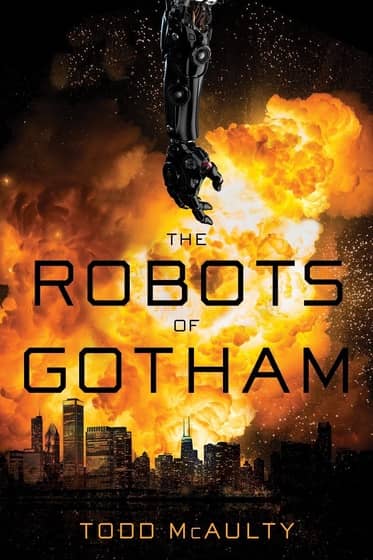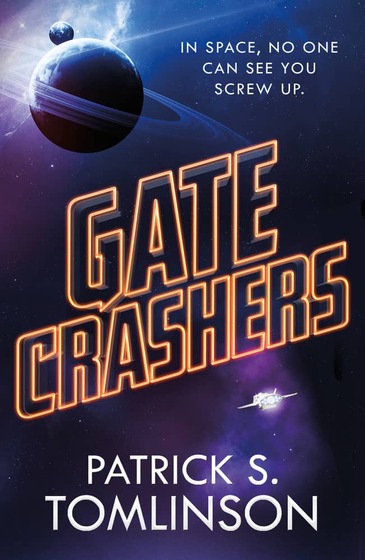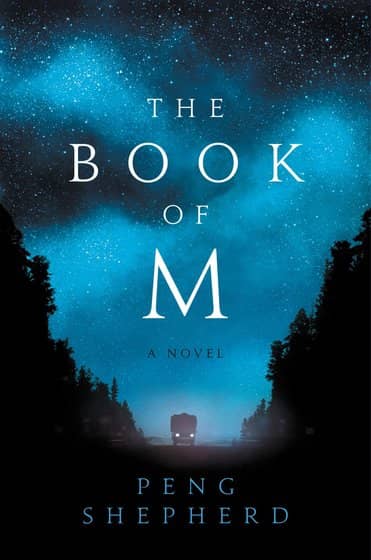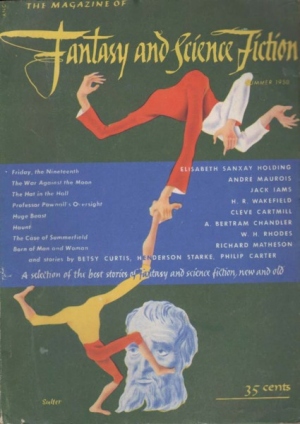The End of an Era: The Year’s Best Science Fiction: Thirty-Fifth Annual Collection, edited by Gardner Dozois
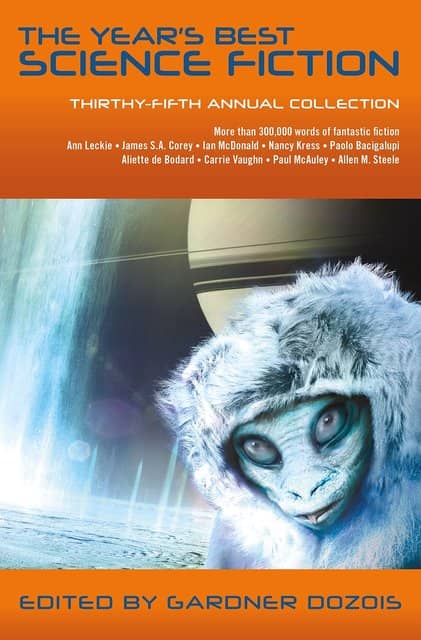 |
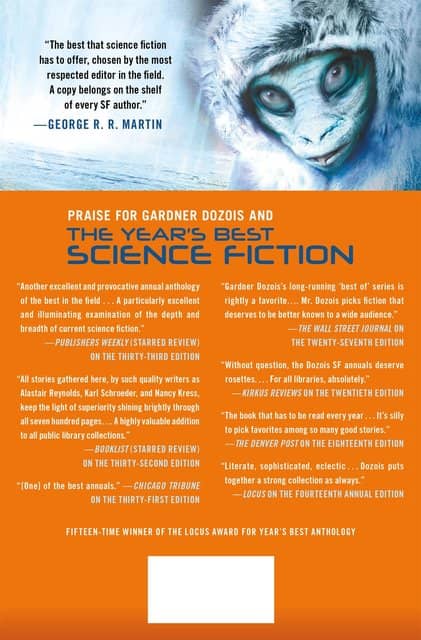 |
We lost Gardner Dozois last month. It was a terrible blow to the field. I’ve seen plenty of somber discussion among fans about whether or not Gardner was the finest editor science fiction has ever seen, and there’s no doubt in my mind he’s in the running.
Gardner devoted his entire career to science fiction, and his accomplishments were extraordinary. He won the Hugo Award for Best Professional Editor 15 times during his 19-year tenure at Isaac Asimov’s Science Fiction Magazine. Nineteen years is an amazing run, but it’s barely half the 35 years he spent as editor of The Year’s Best Science Fiction, the de facto SF yearbook. I read the sixth volume in 1989 and I’ve looked forward to every one ever since.
The last volume will be published in less than two week, and its publication is bittersweet. It’s not the final book we’ll have from Gardner. His huge fantasy anthology The Book of Magic — with brand new stories by George R.R. Martin, John Crowley, Tim Powers, Scott Lynch, Eleanor Arnason, Garth Nix, Ysabeau Wilce, Liz Williams, Kate Elliott, and many others — is coming in October, and The Very Best of the Best: 35 Years of The Year’s Best Science Fiction is scheduled to be published in February. But the arrival of the final Dozois Year’s Best is very definitely the end of an era.
There will never be another editor like him. Cherish this book while you can.
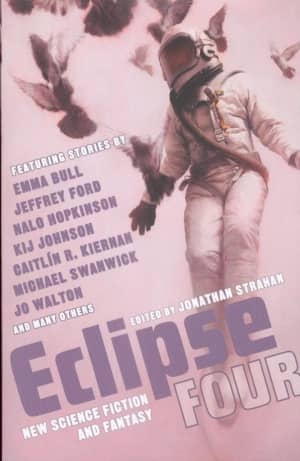
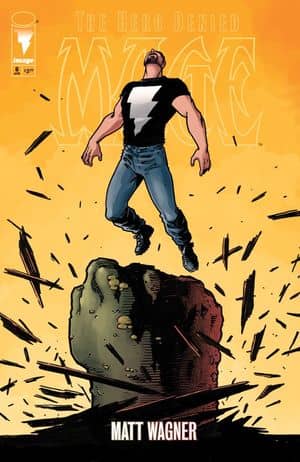
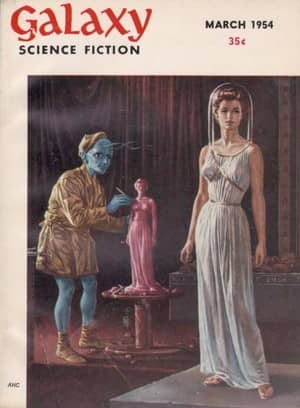
 There’s one thing that novelists, as a rule, don’t need to worry about and that’s having a remake done of one of their books. Sure, there are movie adaptations, but that’s not really the same thing.
There’s one thing that novelists, as a rule, don’t need to worry about and that’s having a remake done of one of their books. Sure, there are movie adaptations, but that’s not really the same thing.
